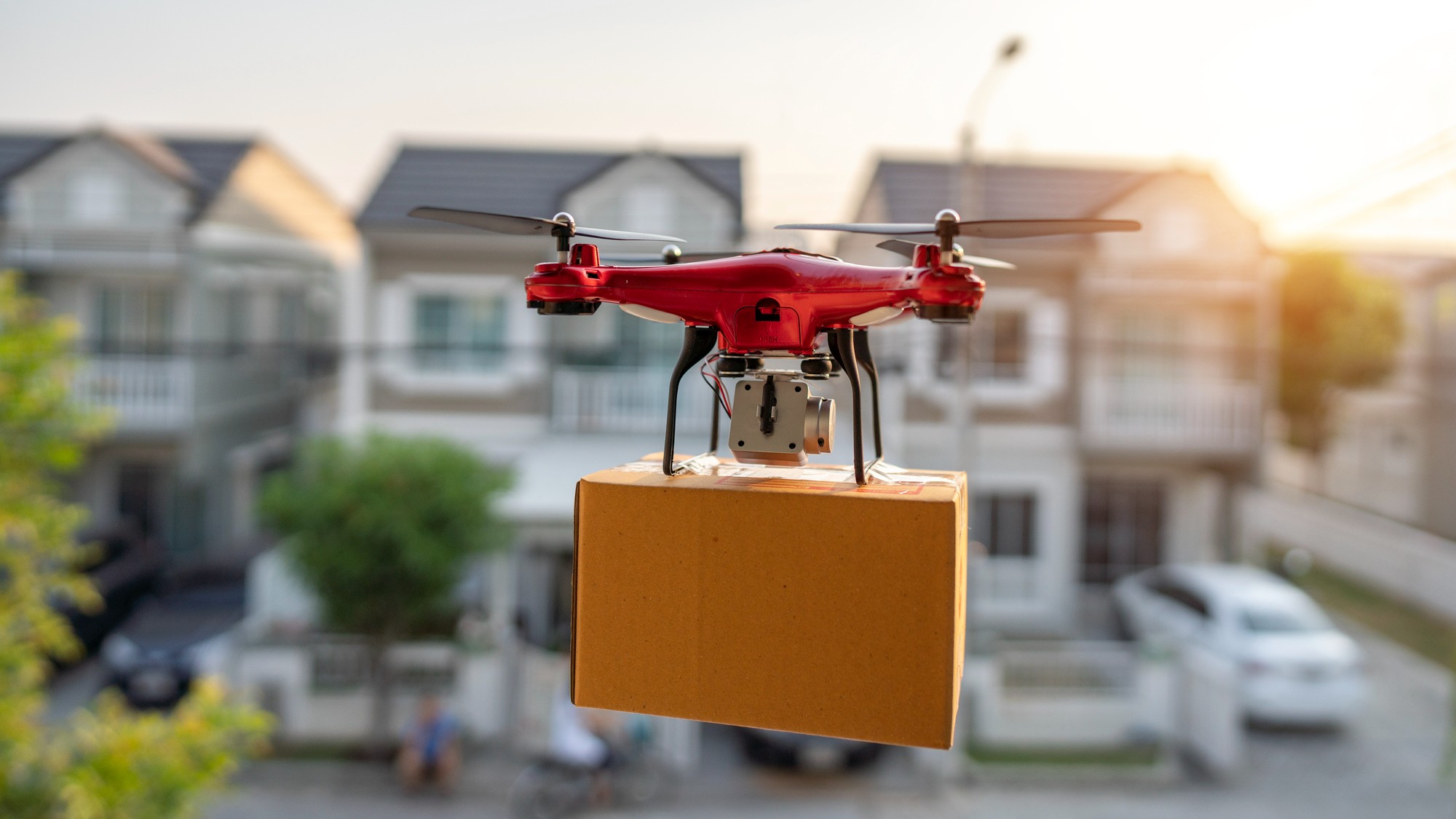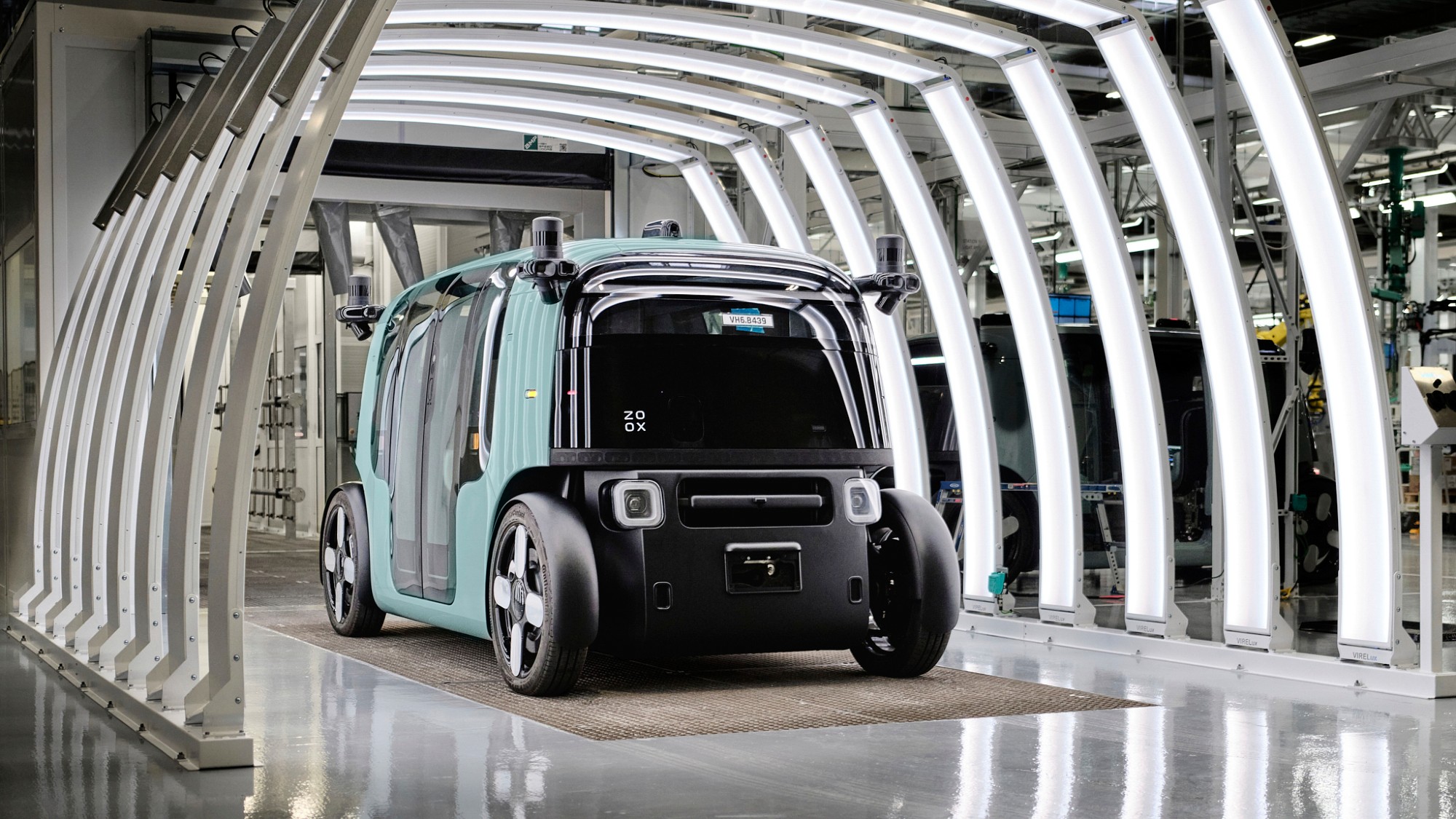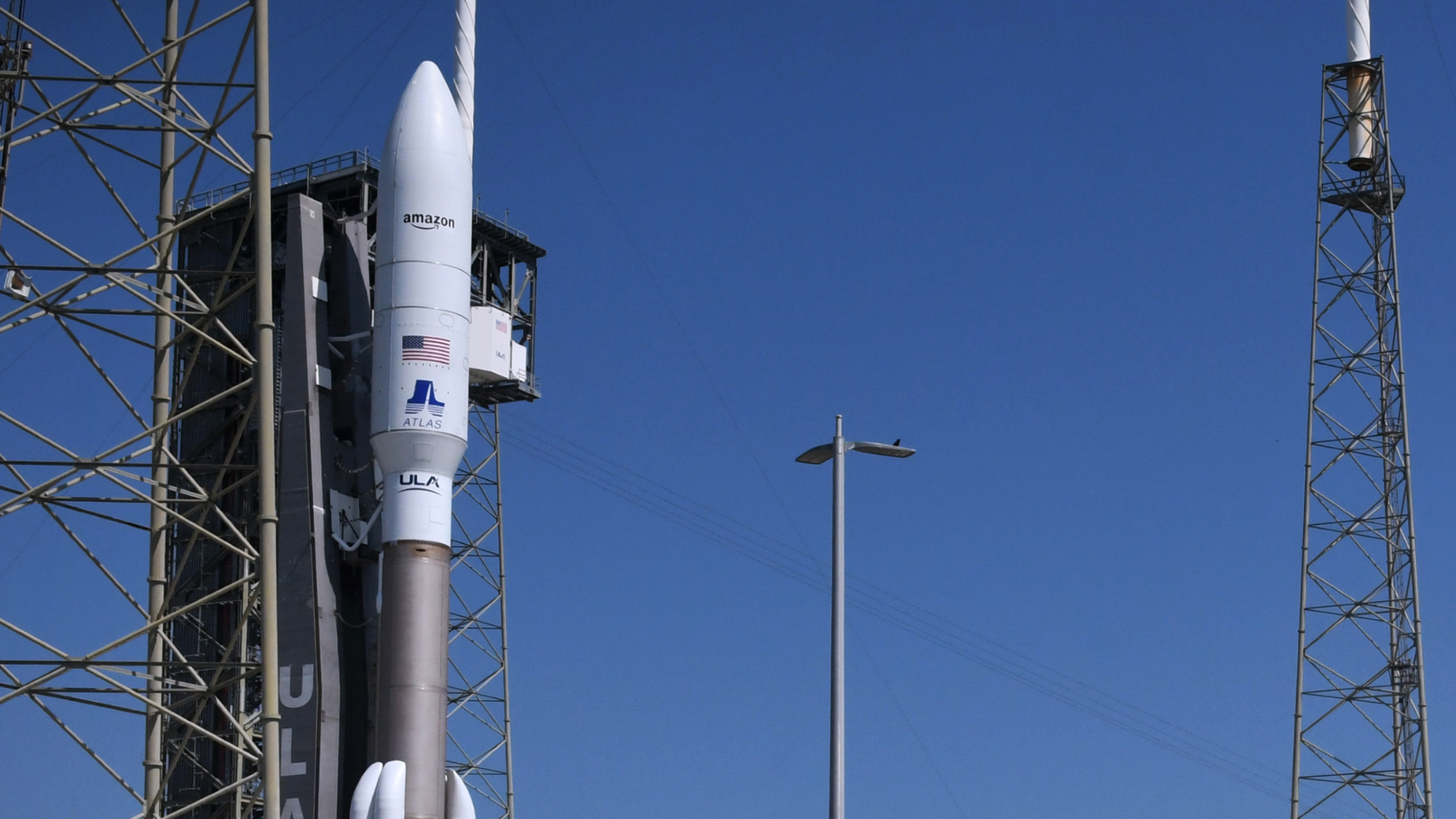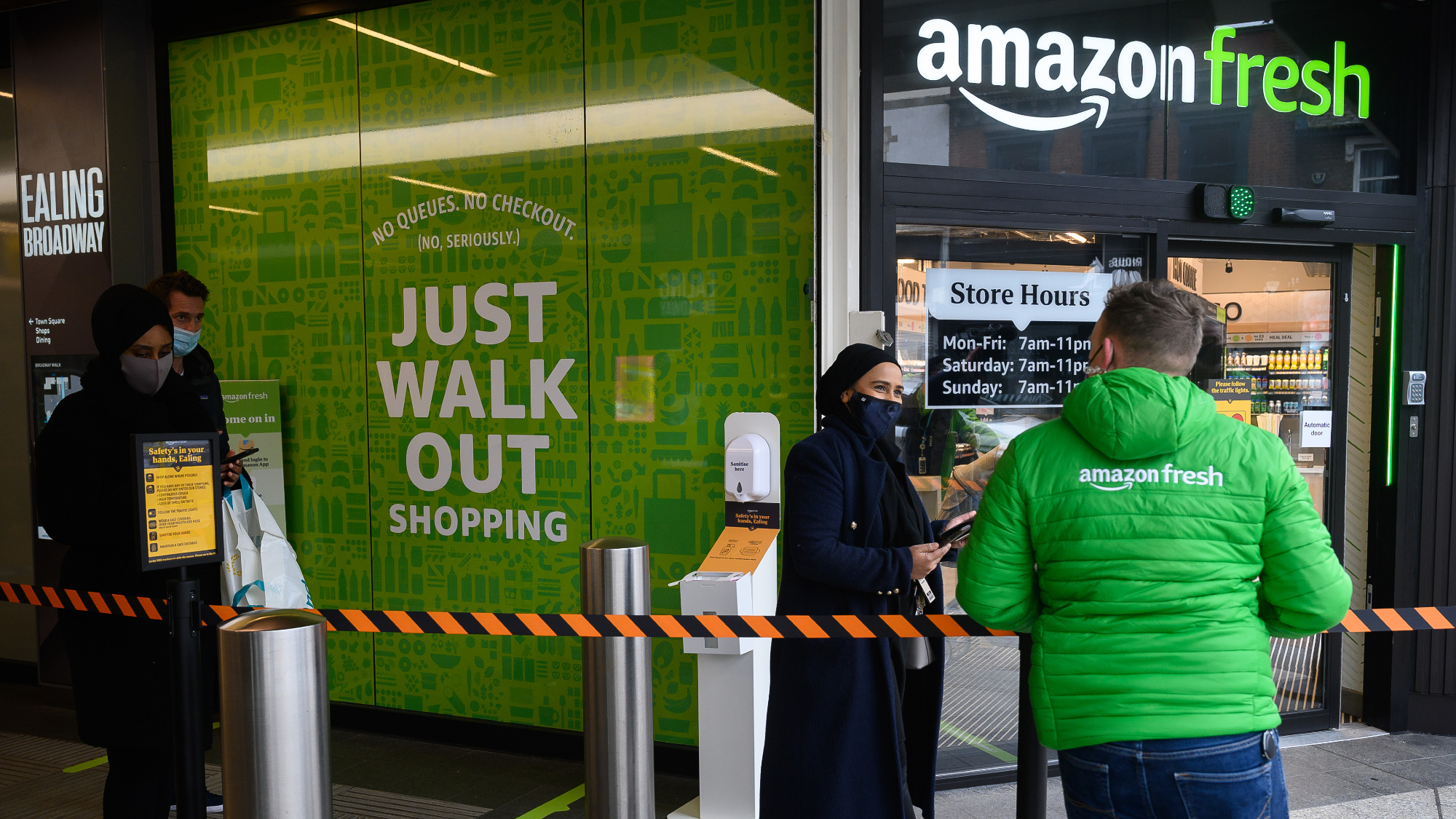The pros and cons of drone delivery
It's a bird! It's a plane! It's a ... drone?


In the age of online shopping, items are constantly being delivered all over the country, all the time. Usually, those deliveries come from planes and trucks, but companies like Amazon and Walmart are toying with a new solution to facilitate deliveries and reduce the manpower required: drones. The remotely operated flying machines can get to any location using GPS coordinates — and can get there quickly. Despite this, their use cannot yet be implemented widely and can also pose logistical and privacy issues.
Pro: Reduce reliance on vehicles
Relying on drones can be an effective way to reduce transportation emissions and curb climate change. "If delivery drones gain widespread usage, it would reduce reliance on vehicles for many companies," Investopedia explained. "If widely adopted, it could help many countries meet emissions targets set in various global agreements." Online shopping is only going to grow and, accordingly, so will deliveries. Trucks require fossil fuels and produce emissions that drones can avoid, especially if the delivery is local. "Some things just don't make sense — like why use a two-ton car to deliver a two-pound burrito?" James Campbell, a professor of supply chain and analytics at the University of Missouri at St. Louis told Builtin. "That's inherently inefficient. So if you could do that with a drone, maybe that makes a lot of sense."
Con: Poses a privacy risk
"Widespread use of drones can be expected to increase privacy concerns among citizens already nervous about corporate and government data collection," Investopedia noted. Drones have a history of surveillance use, and many of the features used for that purpose would also be necessary for deliveries. The source expounded, "Drones typically use a camera and GPS to navigate delivery destinations, which many believe to be intrusive." In general, the public may not be comfortable with drones flying over their neighborhoods. Invasive bonus: Overhead cameras can potentially see into homes or yards, especially in more spread-out areas.
The Week
Escape your echo chamber. Get the facts behind the news, plus analysis from multiple perspectives.

Sign up for The Week's Free Newsletters
From our morning news briefing to a weekly Good News Newsletter, get the best of The Week delivered directly to your inbox.
From our morning news briefing to a weekly Good News Newsletter, get the best of The Week delivered directly to your inbox.
Pro: Faster deliveries
When ordering from nearby, drones can cut delivery times substantially. Trucks and planes "can be slow and prone to traffic and weather delays," whereas, "drones can navigate around these obstacles and deliver packages directly to customers' homes or businesses in a fraction of the time," according to Essential Designs. This could revolutionize same-day delivery, as well as delivery of perishable items, and "could be especially useful for urgent or time-sensitive deliveries, such as prescription medications or emergency supplies."
Con: Regulatory issues
Drone takeoffs and landings in the U.S. "require meticulous scrutiny by the FAA [Federal Aviation Administration] and local officials," according to Insider Intelligence. This can make widespread implementation difficult. Individual states have varying laws regarding drones and don't do much more than enforce existing federal regulations. Bobby Healy, founder and CEO of drone delivery company Manna, told Builtin, "It's still unclear when scaled delivery will be allowed to happen and under what systems it will happen."
Pro: Access to hard-to-reach locations
Drones can have easier access to remote and rural areas that may not have the infrastructure required for planes and trucks. Drones are "an ideal solution" for expanding delivery reach because they "don't need infrastructure," Campbell told Builtin. Drones can land in any spot and don't require open spaces or pavement. This could be especially effective in disaster zones or medical emergencies. "If you're vaccinating children for measles and mumps, you're not sending 50 kilos," Campbell said. "You're sending a small amount of product. And it needs to go fast because it needs to be refrigerated."
Con: Logistics could be an issue
Drone delivery could pose logistical issues, especially in densely populated areas. The technology would need to be capable of maneuvering around buildings and wildlife like birds. Also, deliveries to specific apartments would be difficult without human intervention. "In this country, we have an incredible road system," Campbell told Builtin. "So you can get almost anywhere fairly quickly by truck or car. And that makes it much harder for drones because the drones now have to compete against something that's been fine-tuned and optimized."
A free daily email with the biggest news stories of the day – and the best features from TheWeek.com
Devika Rao has worked as a staff writer at The Week since 2022, covering science, the environment, climate and business. She previously worked as a policy associate for a nonprofit organization advocating for environmental action from a business perspective.
-
 The battle over the Irish language in Northern Ireland
The battle over the Irish language in Northern IrelandUnder the Radar Popularity is soaring across Northern Ireland, but dual-language sign policies agitate division as unionists accuse nationalists of cultural erosion
-
 Villa Treville Positano: a glamorous sanctuary on the Amalfi Coast
Villa Treville Positano: a glamorous sanctuary on the Amalfi CoastThe Week Recommends Franco Zeffirelli’s former private estate is now one of Italy’s most exclusive hotels
-
 How roadkill is a surprising boon to scientific research
How roadkill is a surprising boon to scientific researchUnder the radar We can learn from animals without trapping and capturing them
-
 How the online world relies on AWS cloud servers
How the online world relies on AWS cloud serversThe Explainer Chaos caused by Monday’s online outage shows that ‘when AWS sneezes, half the internet catches the flu’
-
 Amazon's robotaxi looks to be Waymo's biggest competitor
Amazon's robotaxi looks to be Waymo's biggest competitorIn the Spotlight The company recently opened a new robotaxi production plant in California
-
 Amazon launches 1st Kuiper internet satellites
Amazon launches 1st Kuiper internet satellitesSpeed Read The battle of billionaires continues in space
-
 Claws, motherships and shotguns are just some of the latest drone technology
Claws, motherships and shotguns are just some of the latest drone technologyThe Explainer Beyond just surveillance, drones can now be used for a wide array of purposes
-
 The war against AI bots is still really about privacy versus money
The war against AI bots is still really about privacy versus moneyThe explainer Is this the real life? Is this technology?
-
 All-powerful, ever-pervasive AI is running out of internet
All-powerful, ever-pervasive AI is running out of internetThe explainer There is no such thing as unlimited data
-
 Amazon ending 'Just Walk Out' grocery checkout
Amazon ending 'Just Walk Out' grocery checkoutSpeed Read In its place, the company will let customers scan while they shop with Amazon Dash Cart
-
 The complex environmental toll of artificial intelligence
The complex environmental toll of artificial intelligenceThe explainer AI is very much mostly not green technology
